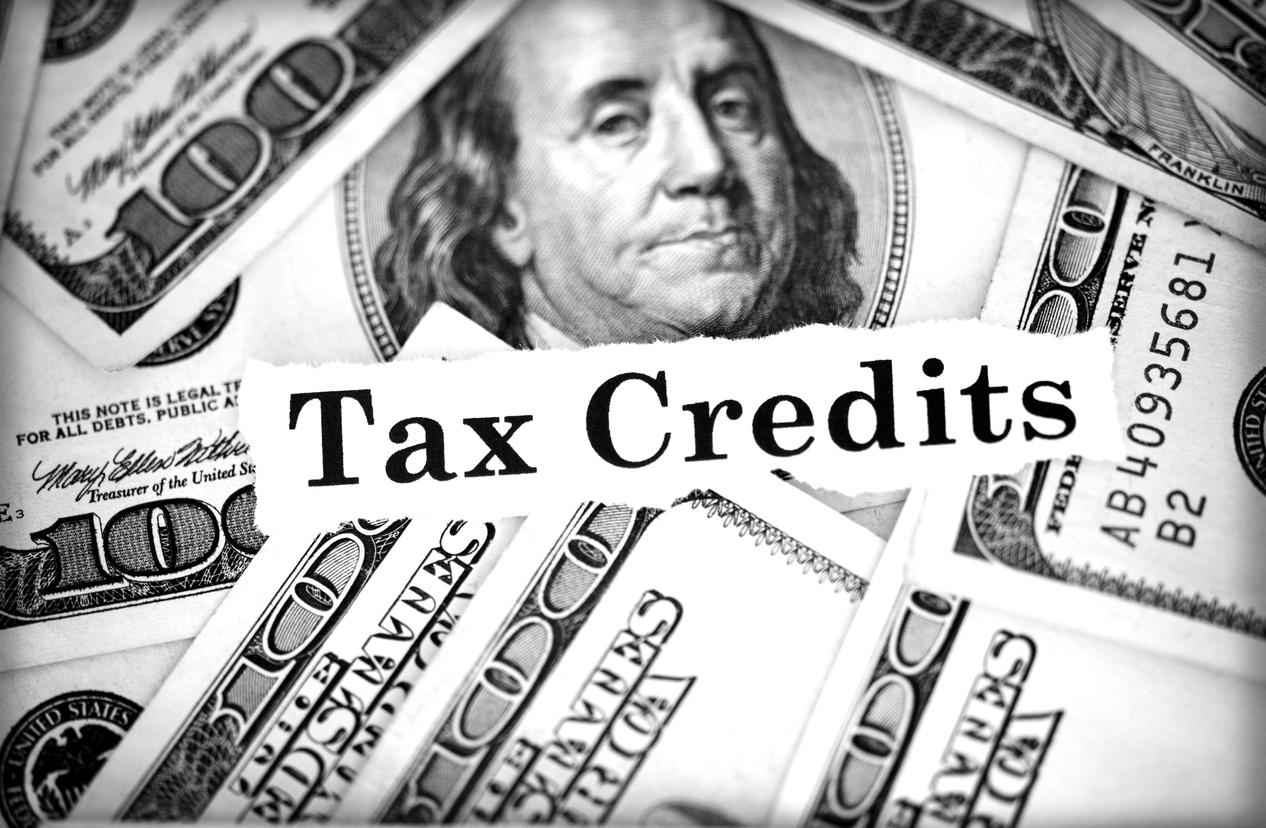The state legislature will take up reauthorization of the Alabama Jobs Act next session. The reauthorization affords an opportunity to consider economic and ethical questions raised by targeted incentives for businesses.
The Jobs Act authorizes the granting of exemptions and caps the total at $350 million annually, which Governor Ivey wants raised. Tax credits are one component of incentive packages, which can also include regulatory relief and tax dollars for things like land acquisition and workforce training. The incentives are targeted because state leaders must approve favorable treatment.
Targeted assistance raises fairness issues. Recipient businesses in some cases compete with Alabama businesses not granted tax and regulatory relief. Targeted incentives create a track where government makes all but select competitors wear 50-pound backpacks.
Economic research finds that targeted incentives have little impact on a state’s economy. Scores of studies find no meaningful increases in total employment, median income, or government tax revenue. Incentives attract the target company but do not unleash faster growth.
Furthermore, economists have not documented an impact of development packages in firm location decisions. Absent all government incentives, we would expect factories and headquarters to locate where costs are lowest. Businesses appear to locate where they would have without incentives, with competing packages perhaps canceling out. We cannot be sure, however, that a state’s failure to offer any package might not have changed a firm’s location decision.
We must remember when debating reauthorization that our state leaders cannot keep other states from offering incentives. State incentives have an arms race quality. The cruel logic of an arms race, or a “Prisoner’s Dilemma” more generally, compels participation even though all would be better off if the race did not occur. Economists widely support all states halting incentives, but unilateral disarmament is a different question.
Recently interest has grown in state compacts to end the “Economic War Between the States.” A compact serves as an arms control treaty, letting states jointly end incentives. Any renewal of the Jobs Act should also commit Alabama to compacts.
Many free-market economists criticize targeted incentives as corporate welfare, a morally loaded term which should be applied with precision. I do not view tax exemptions as a government handout. The money we earn belongs to us; it is never “welfare” to keep wealth you create. Gifting tax dollars on a company does, I think, qualify as corporate welfare.
Lowering taxes and streamlining regulations for all businesses offers a better development strategy for several reasons. First, politicians’ willingness to offer exemptions is an implicit recognition that Alabama taxes businesses too heavily. Alabama ranks 41st on the Tax Foundation’s 2022 State Business Tax Climate index. If taxes and regulations are so onerous, let’s implement and promote across-the-board reforms.
Second, across-the-board cuts address fairness concerns. As the AT&T commercial reminds us, giving one child a ginormous lollipop and another child a normal one is patently unfair. Let’s give all businesses our best deal.
Third, small government fiscal conservatives should demand that all the taxes we impose be indispensable. Lawmakers’ willingness to give up $350 million in revenue through targeted exemptions implies that tax rates are unnecessarily high. Alabama’s record budget surplus further demonstrates the excessiveness of current state taxes.
Another issue involves public oversight of development incentives. States often limit public disclosure of incentive deals, inhibiting independent evaluation of effectiveness, as research from the Pew Research Center documents. The secrecy extends to using fake names for companies during negotiations. A renewal of the Jobs Act should include complete transparency and independent evaluation.
Targeted incentives for businesses are poor economic policy but not the worst possible policy. Incentives try to increase prosperity through more and better private-sector jobs. Increasingly, progressives want government to just give people money. In the future, free market economists might long for the days when Alabama politicians tried to boost growth by attracting good-paying jobs.
Daniel Sutter is the Charles G. Koch Professor of Economics with the Manuel H. Johnson Center for Political Economy at Troy University and host of Econversations on TrojanVision. The opinions expressed in this column are the author’s and do not necessarily reflect the views of Troy University.The views and opinions expressed here are those of the author and do not necessarily reflect the policy or position of 1819 News. To comment, please send an email with your name and contact information to Commentary@1819News.com.
Don’t miss out! Subscribe to our newsletter and get our top stories every weekday morning.










